
The evolving dynamics of today’s workforce, particularly the interaction between Baby Boomers and younger generations, including Millennials and subsequent generations, is a topic of increasing relevance and concern. As Baby Boomers delay retirement and maintain significant positions in various industries, their presence and decisions are shaping the career landscape for younger generations. Here’s a look at 15 key ways in which Baby Boomers are influencing the career opportunities and prospects of Millennials and younger generations.
1. Extended Career Tenures of Baby Boomers

Baby Boomers are working longer than previous generations, often extending their careers well into what used to be considered retirement years. This trend is leading to a saturated job market, where fewer senior-level positions are available for younger professionals. The Baby Boomers vs. Millennials dynamic becomes evident as Millennials seek advancement opportunities that are occupied by older, more experienced professionals.
2. Wealth of Experience vs. New Perspectives

Baby Boomers bring a wealth of experience and industry knowledge, which can be invaluable to organizations. However, this sometimes leads to a preference for traditional methods over innovative ideas proposed by younger generations. Millennials often find themselves having to conform to established practices, which may limit their opportunities to showcase fresh, tech-savvy approaches.
3. Mentorship Opportunities

On the positive side, Baby Boomers offer mentorship opportunities to younger colleagues. Their experience and knowledge can be a tremendous resource for Millennials looking to navigate their career paths. This mentorship can bridge the gap in Baby Boomers vs. Millennials workplace dynamics, fostering a more collaborative environment.
4. Changing Work Ethics and Expectations
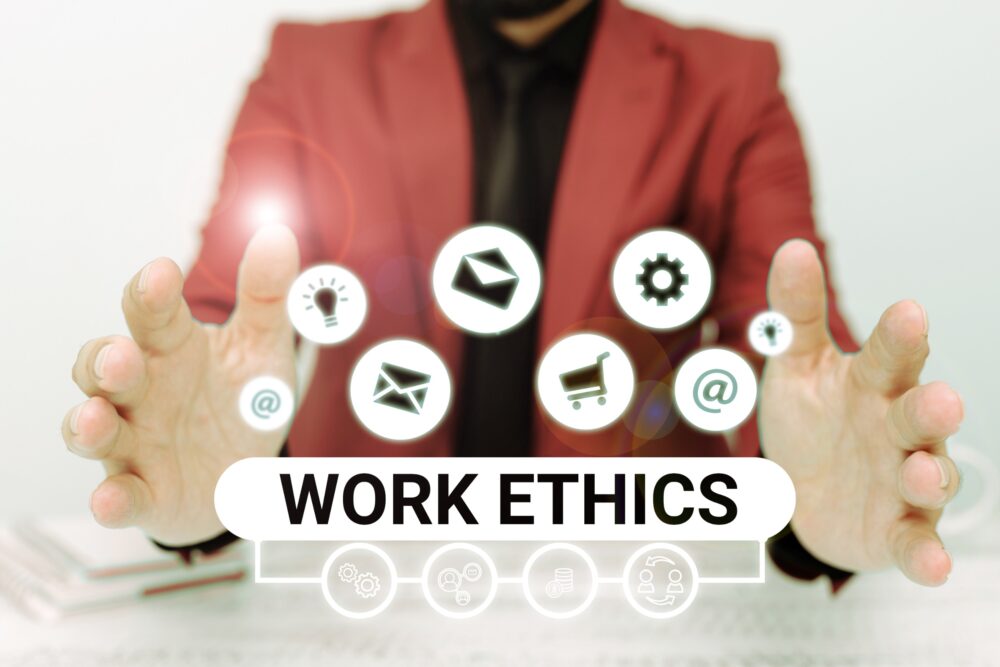
The work ethic and expectations between these generations differ significantly. Baby Boomers are often perceived as more loyal to their employers and willing to put in long hours, while Millennials tend to seek a better work-life balance. This difference can impact organizational culture and expectations, influencing the career development of younger employees.
5. Impact on Organizational Policies and Benefits

The prolonged presence of Baby Boomers in the workforce is leading companies to reconsider retirement benefits and healthcare policies. As these policies evolve to accommodate older workers, there may be implications for the benefits available to younger employees, potentially affecting their job satisfaction and career choices.
6. Knowledge Transfer and Succession Planning

With many Baby Boomers nearing retirement, there is an urgent need for effective knowledge transfer to younger generations. Organizations that fail to implement efficient succession planning may see a significant loss of expertise, adversely affecting career growth opportunities for Millennials who are next in line for these roles.
7. Competition for Leadership Roles
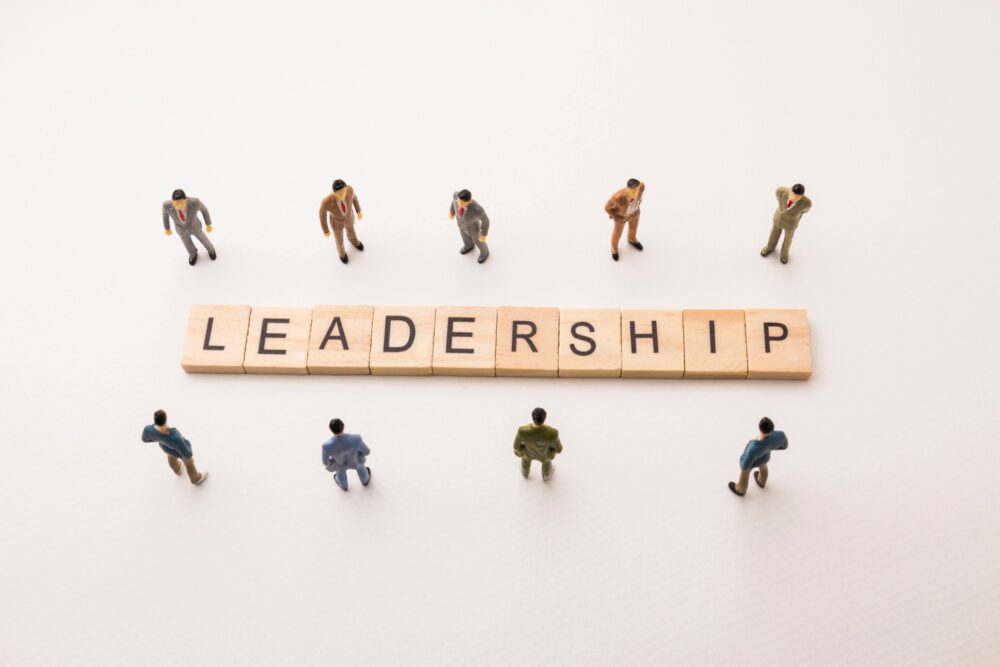
As Baby Boomers retain leadership positions, Millennials face heightened competition for these roles. This scenario can lead to frustration among younger professionals, who may feel their career progression is being stifled.
8. Adoption of Technology
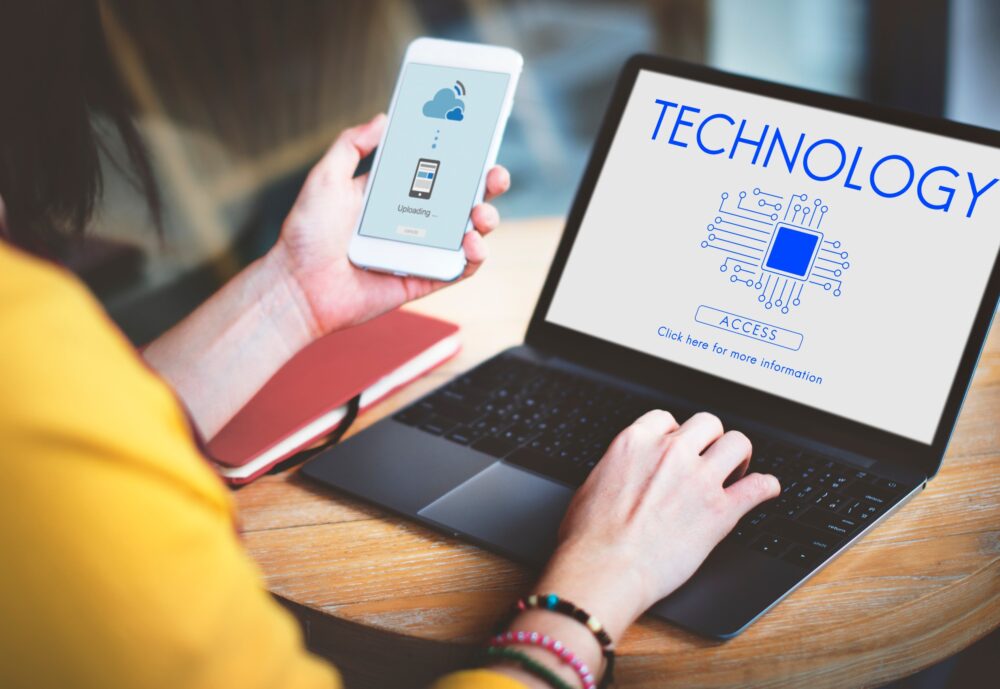
Baby Boomers’ varying levels of comfort with modern technology can impact workplace dynamics. Millennials, having grown up in the digital age, often advocate for the adoption of new technologies that can streamline processes, but may face resistance from older colleagues accustomed to traditional methods.
9. Diverse Communication Styles
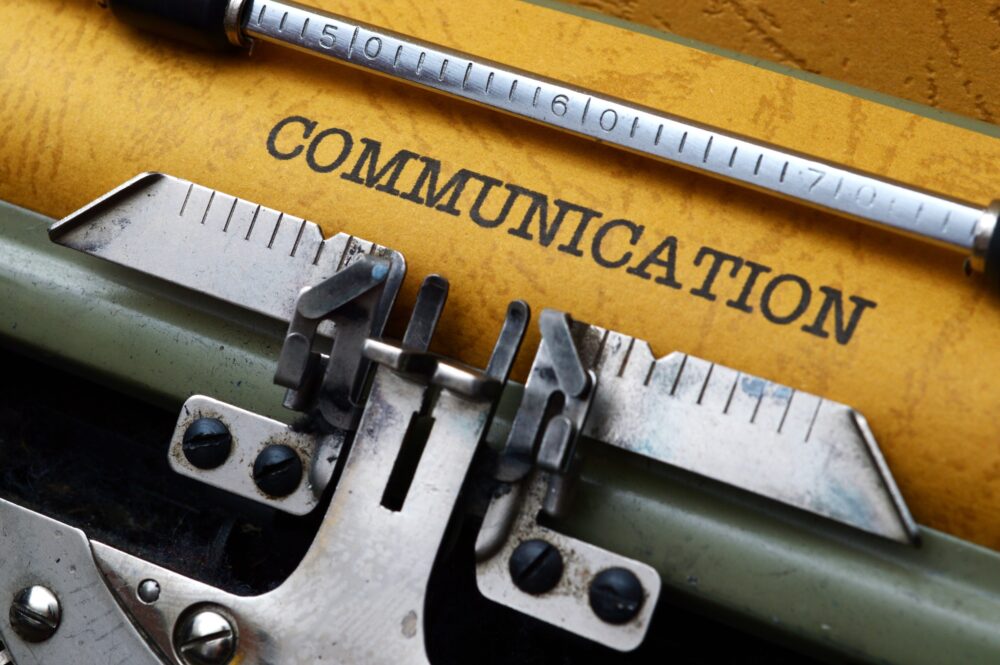
The Baby Boomers vs. Millennials dynamic is also evident in communication styles. Baby Boomers generally prefer direct communication, such as face-to-face meetings or phone calls, while Millennials are more inclined towards digital communication platforms. This divergence can lead to misunderstandings and inefficiencies in collaborative projects.
10. Influence on Corporate Culture

The values and attitudes of Baby Boomers have a significant impact on corporate culture. Their perspectives on hierarchy, authority, and job loyalty can shape organizational policies and practices, which may not always align with the expectations of younger employees seeking more flexible and inclusive workplaces.
11. Shift in Training and Development Focus

Organizations often have to balance the training needs of Baby Boomers and Millennials. This can lead to a shift in focus towards skills that are more relevant to the digital age, impacting the types of training and development opportunities available to all employees.
12. Impact on Diversity and Inclusion
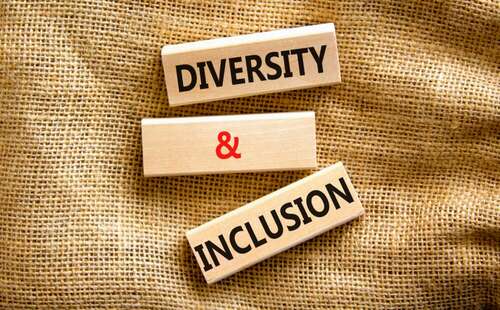
The presence of Baby Boomers in the workforce affects diversity and inclusion efforts. As organizations strive to create more inclusive environments, they must address the different needs and perspectives of a multigenerational workforce, which can be challenging.
13. Job Market Competition

The extended careers of Baby Boomers contribute to increased competition in the job market, particularly in industries where growth is slow. Younger generations may find it more challenging to secure entry-level positions, as these roles are fewer and more competitive.
14. Shaping Retirement Expectations

The retirement plans of Baby Boomers are shaping the expectations of younger generations. As they witness older colleagues working beyond traditional retirement age, Millennials may adjust their career and financial planning accordingly. This shift is also influencing how younger employees view long-term job security and retirement savings, leading to a more proactive approach in planning for their financial future. Furthermore, it is prompting organizations to rethink retirement planning services and support, recognizing the diverse needs and expectations of a multigenerational workforce.
15. Influence on Innovation and Change

Lastly, the influence of Baby Boomers on organizational decision-making can impact the pace of innovation and change within companies. While their experience is invaluable, it may sometimes slow the adoption of innovative strategies and technologies. Millennials, often advocates for rapid change and technological adoption, might find their ideas less readily accepted. This situation can create a tension between preserving tried-and-true methods and embracing new, potentially more efficient approaches. The key challenge lies in finding a balance that leverages the wisdom of Baby Boomers while harnessing the innovative spirit of younger generations.
Interplay Between Baby Boomers and Millennials

Ultimately, the interplay between Baby Boomers and Millennials in the workplace presents both challenges and opportunities. While Baby Boomers’ extended careers can lead to a more competitive job market and differences in work styles, their experience and mentorship are invaluable assets. For Millennials, navigating this landscape requires adaptability, respect for diverse perspectives, and a willingness to learn from the wealth of knowledge held by their older colleagues.
Organizations play a crucial role in mediating the Baby Boomers vs. Millennials dynamic. By fostering environments that value both experience and innovation, promoting effective knowledge transfer, and accommodating diverse working styles, companies can create a more harmonious and productive workforce. Ultimately, the goal should be to blend the strengths of both generations, paving the way for a future where diverse talents and perspectives drive success and innovation in the workplace.
Can you think of any other ways that Baby Boomers may impact the career prospects of younger generations? Have you encountered any of the situations above and want to discuss the impact? Share your thoughts in the comments below.
Read More:
Come back to what you love! Dollardig.com is the most reliable cash back site on the web. Just sign up, click, shop and get full cash back!



